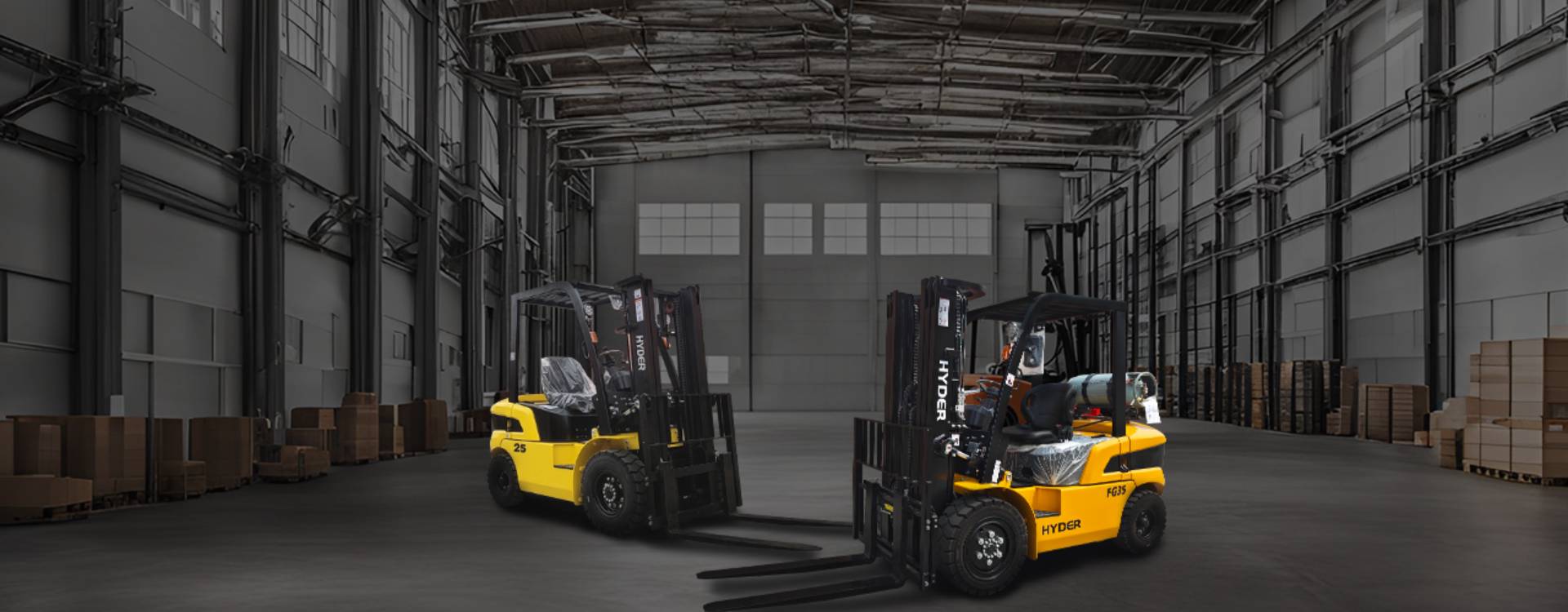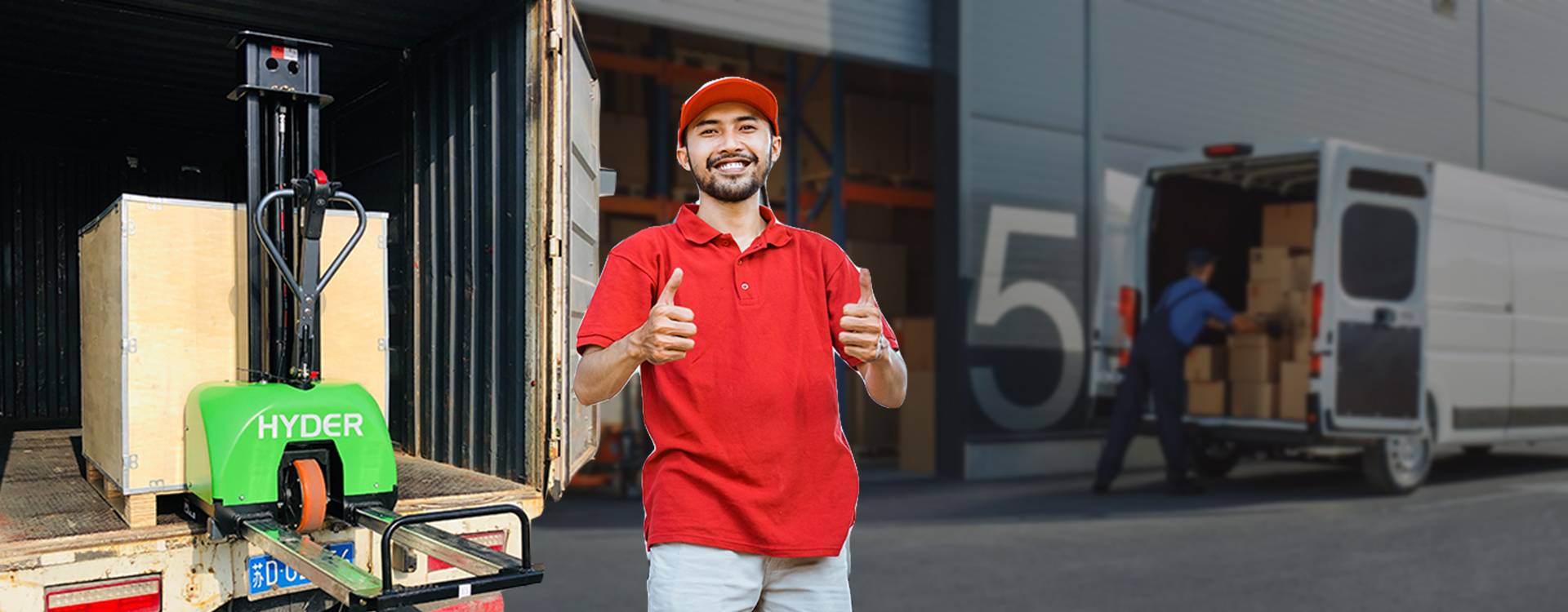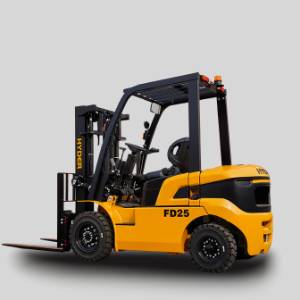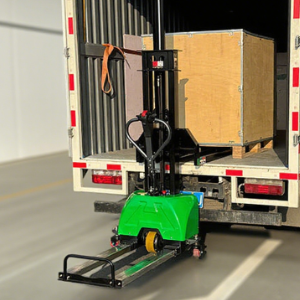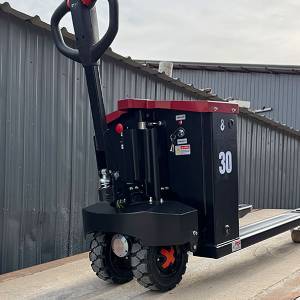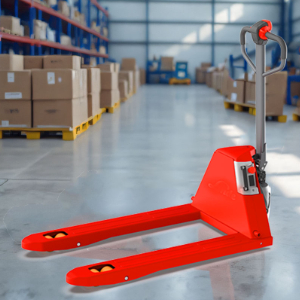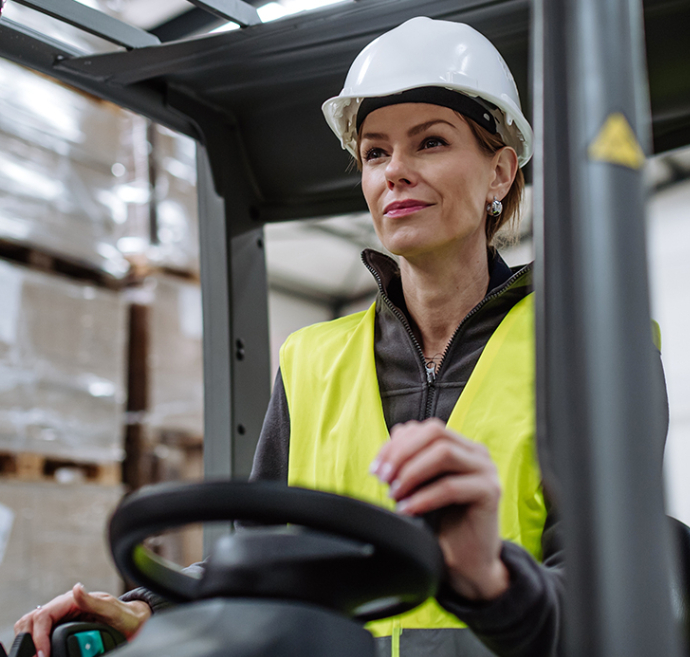Featured Forklifts Products for You
we focuse on manufacturing and exporting forklifts and warehouse equipments including but not limited to IC forklifts, electric forklifts, reach truck, pallet stacker and pallet trucks.
ABOUT US
Shanghai Hyder Industry Co, .Ltd. (HYDER) focus on researching, developing, manufacturing, sales and after-sales service of the forklifts, covering internal combustion counterbalance forklift trucks like diesel forklift, gasoline & LPG forklift, battery-powered forklift/electric forklift trucks, warehouse material handling equipments like reach truck, narrow aisle forklift 3 way forklift, 4 directional forklift, pallet truck, pallet stacker, self loading stacker, the related spare parts and AGV Robot forklift.
Book Factory VisitWhy Choosing Us
Manufacturing Experience
Over 10 year experience in manufacturing, Optimized supply chain from parts to shipping.
Research Capability
20 -year experienced chief engineer, dedicated to different solutions Support OEM/ ODM.
Market Sharings
Globle distributor network with market and inquiry sharing.
Aftersale Services
24/ 7 online technical support Fast delivery of spare parts.
Honored Certification
All products and manufacturing comply with CE certificates Support any test report if you need.
Cooperation Experience
More than 30 countries where the sales network has built.
Partner with Us as a Dealer and Expand Your Business!
Join our trusted network of dealers and start offering high-quality forklifts and material handling equipment。 Gain access to flexible pricing, comprehensive support, and market-leading forklifts designed to help you succeed in a competitive market。
Become a DealerPrice ONLY for you
Special Distributor offerEnjoy exclusive discounted price to Distributors, with one-stop parts solution.
FREE markets resource
Local customers resourcesFree customer resources from our Advertisement if be our exclusive agent
Prolonged warranty
Special Distributor offerProlonger warranty services since delivery as well as EXW factory price of parts
Free marketing materials
We are helping you marketingCustomized marketing materials including but limit to catalog, pictures, videos, and promotion gifts.
Explore more possibilities with Hyder and grow more business in your counter-balanced diesel/Gasoline forklifts!
Related News
Struggling with Delivery and Transportation Challenges? The Hyder Portable Forklift Self-Loading Stacker is Your Solution!
In the world of logistics, transportation, and delivery, time is money. Whether you're managing small to medium-sized fleets, handling frequent deliveries, or dealing with space constraints, efficient material handling is essential. That’s where the Hyder Portable Forklift Self-Loading Stacker comes in – a game-changer for delivery and logistics companies facing labor shortages and tight spaces. With its compact size, portability, and ability to handle loads of up to 1500kg, this stacker is designed to optimize your delivery operations, saving both time and resources. Let’s explore why this stacker could be the perfect fit for your business.
Prepare Your HYDER Forklift for Fall: Maintenance Tips for Electric & Diesel Models
Get your HYDER forklifts fall-ready with essential maintenance tips for electric, diesel, and LPG models. Ensure optimal performance, safety, and efficiency during cooler months.
Maximizing Performance: The Impact of Drive Wheel Size on Electric Pallet Trucks
In the realm of electric pallet trucks, the significance of drive wheel size cannot be overstated. It's a pivotal factor that can either elevate or impede the efficiency and safety of operations. Let's delve into the multifaceted effects of drive wheel size on electric pallet trucks, focusing on the renowned "HYDER" 2-ton electric pallet trucks and how they can optimize your workflow while navigating through various terrains.
Review of Our Clients

contact us
What forklifts you need?
Tell us about your requestes and let’s start the conversation
SUBMIT


